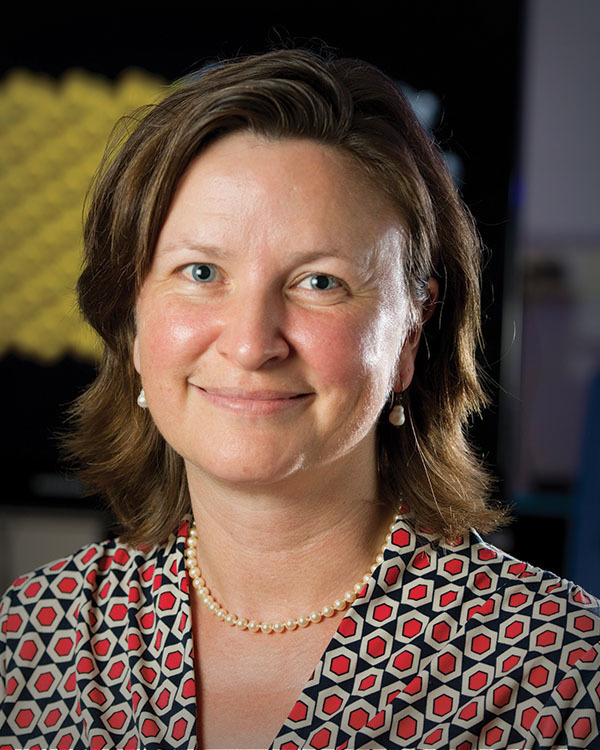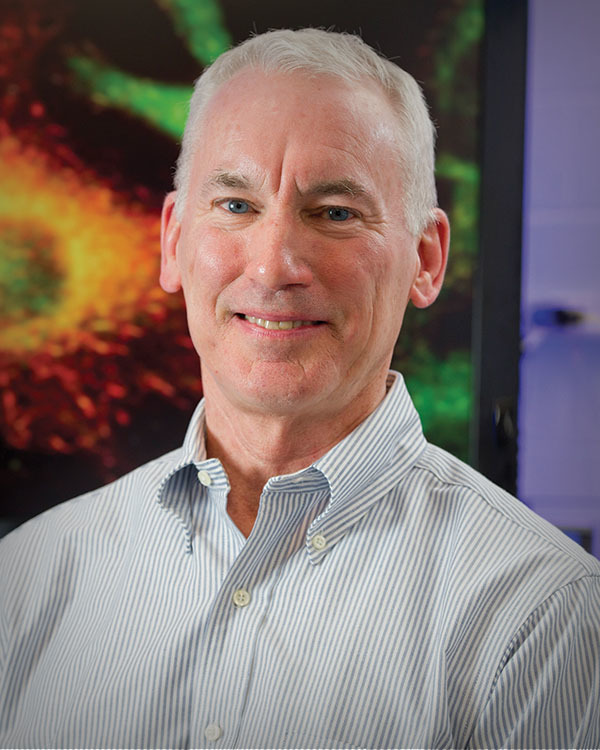

Patricia Clark and Paul Huber, faculty members of the Stavropoulos Center for Interdisciplinary Biophysics and the Biophysics Graduate Program, have received 2017-2018 Rev. Edmund P. Joyce, C.S.C., Awards for Excellence in Undergraduate Teaching.
The awards are presented by the Office of the Provost, and the recipients are selected through a process that includes peer and student nominations.
The Joyce Awards, established in 2007, honor faculty members who have had a profound influence on undergraduate students through sustained exemplary teaching, and, in particular, recognize professors who create environments that stimulate significant student learning, elevate students to a new level of intellectual engagement and foster students’ ability to express themselves effectively within their disciplines.
Patricia Clark and Paul Huber are among twenty Joyce Award recipients. The other Joyce Award recipients are Brian Krostenko, Classics; A. James McAdams, political science; Michael Pries, economics; John Sitter, English; Anre Venter, psychology; Patrick Vivirito, Romance languages and literatures; Todd Walatka, theology; Lijuan Wang, psychology; Henry Weinfield, Program of Liberal Studies; Margaret Forster, finance; Stephannie Larocque, accountancy; Elizabeth Moore, marketing; Jennifer Waddell, IT analytics and operations; William Phillip, chemical and biomolecular engineering; Brian Smith, civil and environmental engineering and earth sciences; Ashley Thrall, civil and environmental engineering and earth sciences; Mark Olsen, biological sciences; Kevin Vaughan, biological sciences.
2018 is the inaugural year for the Biophysics Graduate Program, part of the new Stavropoulos Center for Interdisciplinary Biophysics. Biophysics graduate students have the opportunity to work with scientists at the intersection of physics, biology, and chemistry, collaborate with clinicians, mathematicians, and engineers to develop a predictive understanding of biological processes, including cancer, development, infection, and the immune system.